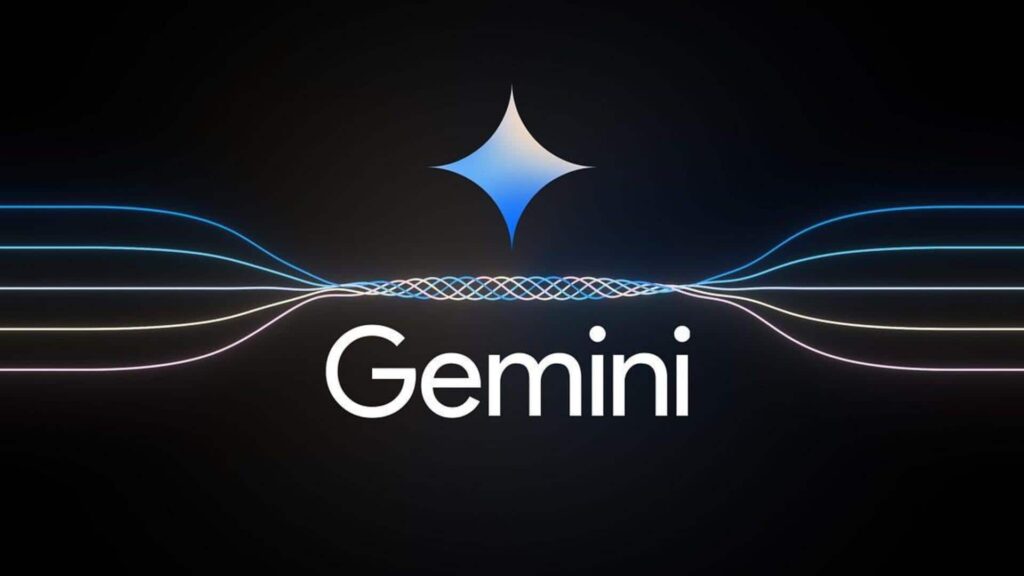In today’s rapidly evolving technological landscape, small and medium-sized businesses (SMBs) face increasing pressure to streamline operations and improve efficiency. One of the promising avenues for achieving these goals is through the integration of Artificial Intelligence (AI) into daily workflows. AI-driven solutions can optimize productivity, enhance decision-making processes, and ultimately lead to substantial cost savings, particularly when leveraging innovative tools such as Google’s Gemini API.
At its core, AI has the potential to transform the way SMBs operate. By harnessing AI-driven workflows, businesses can automate repetitive tasks, freeing up valuable time and resources. This allows teams to focus on strategic initiatives that drive growth and improvement. For instance, routine customer inquiries can be addressed through AI chatbots, which can manage initial interactions and escalate more complex issues to human representatives. This not only improves customer service response times but also enhances customer satisfaction, laying the groundwork for long-term loyalty.
The recent introduction of context caching in Google’s Gemini API exemplifies how SMBs can leverage advancements in AI technology to optimize their workflows. This innovative feature allows developers to store frequently used input tokens, which can significantly reduce the time and resources required for repetitive tasks. By implementing context caching, businesses can pass along necessary tokens only once, thereby lowering the overall operational costs associated with data processing. This approach is especially relevant in AI workflows that require processing large volumes of data, which can quickly become expensive.
Moreover, enhancing operational performance is a vital consideration for SMBs looking to stay competitive. Context caching not only streamlines costs but has also been shown to improve latency and processing speed. When input tokens are cached, subsequent requests referencing those tokens can be handled more rapidly since the model doesn’t need to reprocess the same information repeatedly. This aspect is crucial for businesses engaged in complex or data-heavy operations, where the speed of decision-making is critical. For example, in industries such as finance or e-commerce, where time-sensitive decisions must be made quickly, implementing efficient AI workflows can have a pronounced impact on meeting client expectations.
Another advantage of the context caching feature is the fine-grained control it offers over how long cached tokens are retained. Developers can specify a time to live (TTL) for cached tokens, allowing them to make informed decisions about both operational cost and efficiency. Understanding the right TTL for your business is essential; longer TTLs may result in higher costs due to the storage space used. A careful balance between caching necessary tokens and avoiding excessive storage of rarely accessed content is crucial. SMB leaders can benefit from evaluating which tokens genuinely improve workflow efficiency and make data-driven decisions on what to cache.
The financial implications of adopting AI solutions and context caching also deserve attention. While implementing AI technologies may require an initial investment, the potential return on investment (ROI) can be significant. By freeing employees from monotonous tasks, organizations can reallocate resources toward innovation and strategic thinking. For example, if a marketing department can automate the creation and distribution of periodic reports through an AI-driven system, the time saved can be redirected to developing creative marketing campaigns that attract and retain customers. Hence, while the upfront investment in tools like the Gemini API may appear daunting, the long-term financial benefits can outweigh these costs, leading to improved revenue generation and sustainability.
Furthermore, businesses contemplating the implementation of context caching should consider the broader applications within their operations. Different departments can utilize AI technologies in various ways to amplify overall productivity. In addition to marketing, sales can benefit from AI-driven forecasting models that analyze consumer behavior patterns, allowing for more accurate predictions of product demand. Human resources teams can automate CV screenings and initial interview processes, expediting candidate selection and reducing hiring timelines. These examples illustrate not only the diverse applications of AI across different functions but also the collective impact of integrating AI-driven workflows on the organization’s efficiency as a whole.
To successfully harness the power of AI, businesses must commit to continuous learning and adaptation. Training staff on new systems is vital to ensure that the tools are used effectively and that employees are comfortable leveraging AI solutions in their day-to-day responsibilities. SMBs should create a culture that embraces technology and innovation, encouraging employees to experiment with AI-driven methodologies and collaborate on finding new efficiencies.
In conclusion, the integration of AI-driven workflows, particularly through tools such as Google’s Gemini API and its context caching capabilities, presents a transformative opportunity for small and medium-sized businesses. By streamlining operations, enhancing decision-making speed, and facilitating a culture of adaptability, SMBs can position themselves for growth in an increasingly competitive market. By investing time and resources into AI technology and automation strategies, organizations can achieve notable improvements in productivity and operational efficiency, setting the foundation for long-term success.
FlowMind AI Insight: Embracing AI-driven workflows isn’t just about keeping pace; it’s about redefining how work gets done. SMB leaders who invest in integrating AI solutions can create agile, adaptable organizations that innovate and grow in the face of change.
Original article: Read here
2024-06-20 07:00:00

